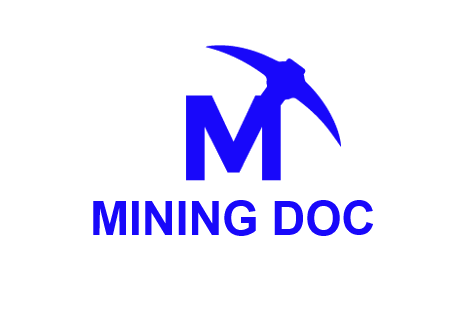China’s iron ore imports are likely to hit a new high in 2025 as traders stockpile cheap ore for the world’s top consumer despite a protracted property crisis continuing to weigh on Chinese steel demand, traders and analysts said.
The country’s imports of the key steelmaking ingredient will likely rise by between 10 million and 40 million metric tons to up to 1.27 billion tons this year, up from what forecasters expect to be record volumes in 2024, seven analysts and two traders said in a Reuters survey.
Higher imports will mainly be driven by growing supply from major producers including Australia and Brazil, they said, as miners look to sell ore before the giant Simandou iron ore project begins production later this year and floods the market with new supply.
Iron ore prices are expected to fall to between $75 and $120 a ton in 2025, the survey showed, versus $88 to $144 a ton in 2024, according to data from consultancy Steelhome.
“Our base case assumes a moderate surplus in 2025 and prices holding up around $95-100/t,” said Myles Allsop, UBS’ head of EMEA mining.
“We see the surplus getting larger in 2026/27 driving prices deeper into the cost curve.”
Weakness in the steel sector, which consumes the bulk of iron ore, means imports are likely to grow Chinese port stockpiles to up to 170 million tons in 2025, said analysts. Stocks are already up 28.3% on-year to 146.85 million tons as of Dec. 27.
China, which buys more than two-thirds of global seaborne cargoes, imported 1.124 billion tons of iron ore in the first 11 months of 2024, up 4.3% year-on-year, even as its crude steel output slid by 2.7% over the same period.
Rising imports show traders and suppliers still expect Chinese iron ore demand to remain resilient for years to come despite persistent weakness in the property sector.
In 2025, supply from top producer Australia will grow by around 20 million tons thanks to rising production at projects including Rio Tinto’s, Fortescue’s Iron Bridge and Mineral Resources, said analysts.
Brazilian miner Vale (VALE3.SA), opens new tab aims to produce between 325 million and 335 million tons of iron ore in 2025 from about 328 million tons in 2024.
But a possible yuan depreciation and China’s last-ditch efforts to increase the share of steel output from electric arc furnaces, which mainly consume scrap material, to 15% by 2025 may lower iron ore imports this year, four of the analysts said.
DWINDLING STEEL DEMAND
Steel demand is forecast to fall 1.5% this year following an expected 4.4% decline year-on-year in 2024, according to state-backed China Metallurgical Industry Planning and Research Institute (MPI), as a buoyant manufacturing sector and resilient steel exports fail to fully offset the real estate downturn.
Beijing has unveiled a raft of stimulus to revive its economy and is expected to roll out more to counter the potential impact from proposed tariff hikes by incoming U.S. President Donald Trump.
But that will mostly lift demand from second-tier steel consumers like automotive and white goods manufacturers, according to Tomas Gutierrez, head of data at consultancy Kallanish Commodities.
“Positive as this is, it won’t be enough to counteract the effect of restructuring in the real estate sector,” he added.
By Amy Lv and Lewis Jackson





